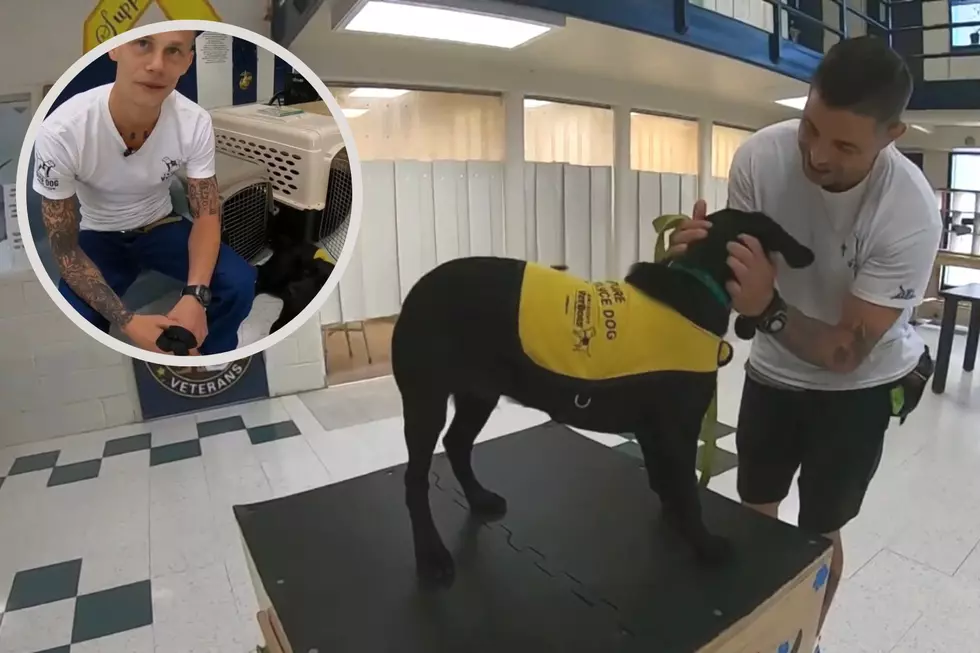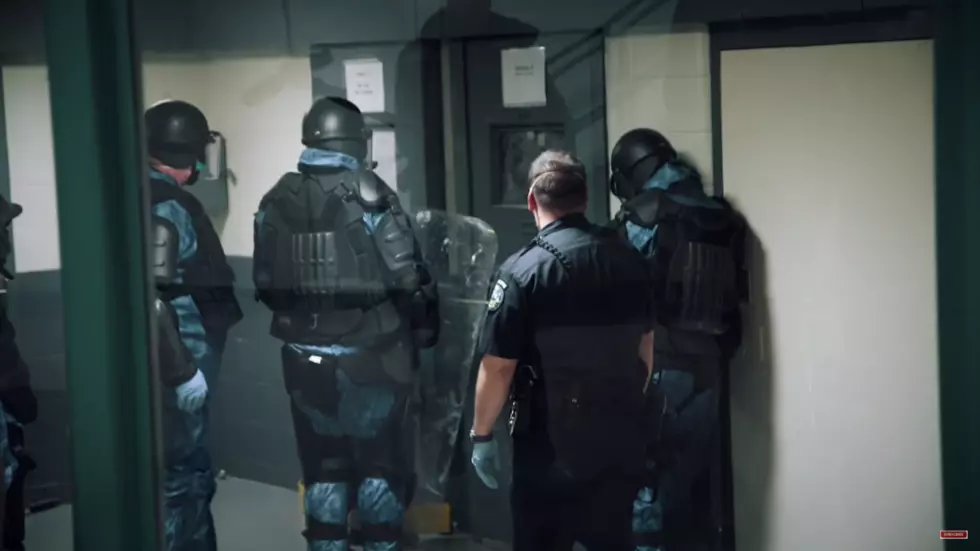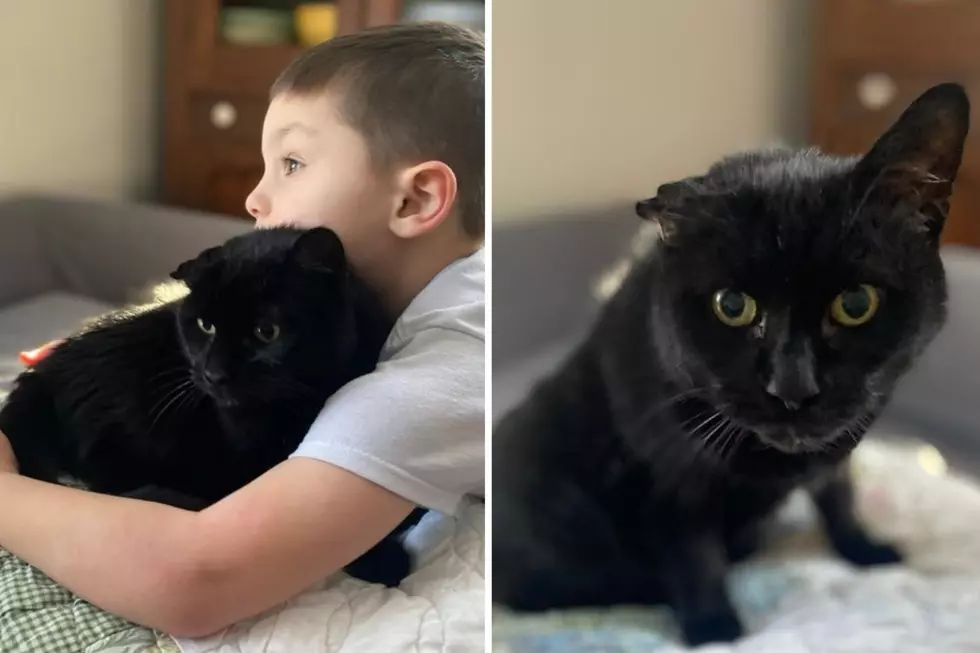
Maine State Prison Reduces Solitary Confinement Hours, Here’s Why
According to an article from WMTW Channel 8, being locked down in what is known as, "solitary confinement" for anywhere from 23-24 in single cells, no longer exists.
Did you know that The Maine Department of Corrections leads the nation with the smallest number of individuals in restrictive housing, as the article states?
An interview was held with the Corrections Commissioner, Randy Liberty who was appointed by Governor Mills, in the state prison in Warren, told WMTW that he used to be the warden so he's knows many of the inmates. In addition, he does not call them, "inmates", but refers to them as, "residents."
The article goes on to say that the prison used to provide 100 cells to the old-fashioned, solitary confinement. Now, they're are only 16 and they are no longer called, solitary but, "restrictive housing units." And most of the time half of these units are not even filled.
The current Warden, Matt Magnusson told WMTW that the, residents that use these units focus on,
rehabilitation, counseling, and programming, and each inmate has a caseworker
Where we can evaluate them and give them the skills they
need to progress back out to the general population,
Restrictive housing inmates are allowed out of their cells four to seven hours a day and may lift weight or exercise outdoors.
This certainly makes me think of all of those prison movies, like Shawshank Redemption made in 1994, set in Maine.
Where I noticed that so many of the prisoners were housed in solitary confinement cells all day long, without sunlight, connection to others, and for pure punishment. To any human being, this can cause grave mental and physical issues and damage.
They can even text there family members. Liberty says,
Full-time access to the tablet — that means real-time texting to family members – access to the phone, televisions in the room with 120 cable channels. It's not what you would expect
Discussions on mental health and being jailed are less of a stigma and more of an open conversation now. Many inmates have been untreated, undiagnosed and otherwise which has led to a lot of the crimes and mistakes that have been made to eventually land them behind bars.
Liberty stated,
The reason why people are incarcerated is because of mental health issues that have been undiagnosed or untreated, substance use disorder, trauma, neglect, poverty. All of those sorts are causation factors as to why people are here. Very, very few people are evil.
The wardens who have worked through this type of thinking with the residents have a better understanding of how to rehabilitate those who are able to succeed in their second chances. It is evident that if you understand how a person thinks and try to assist them with their untreated issues, then the rate of them becoming a member of society is higher.
The article also states that they offer education and I think we can all agree that education is power.
Liberty also made an extremely powerful point in wrapping up, once again why Maine State prison has the lowest rate of inmates in solitary by saying,
We secure them here, we identify what brought them here, we treat them, we allow them opportunity for redemption, and then they're released in much better shape than when arrived, with all the tools and skills and programming that they'll need to be successful on the outside, that's how we keep the community safe on the outside. and we reduce the tax burden -- if we have less people incarcerated, less people coming, it's a smarter way to address crime.
We will continue to follow the advancements that are made within the Maine Prison system as well as how these improvements are helping the community.
A Day in The Life of An Augusta Police Officer
Here Are 25 Things That Shock People After Moving to Maine
More From Kool AM








